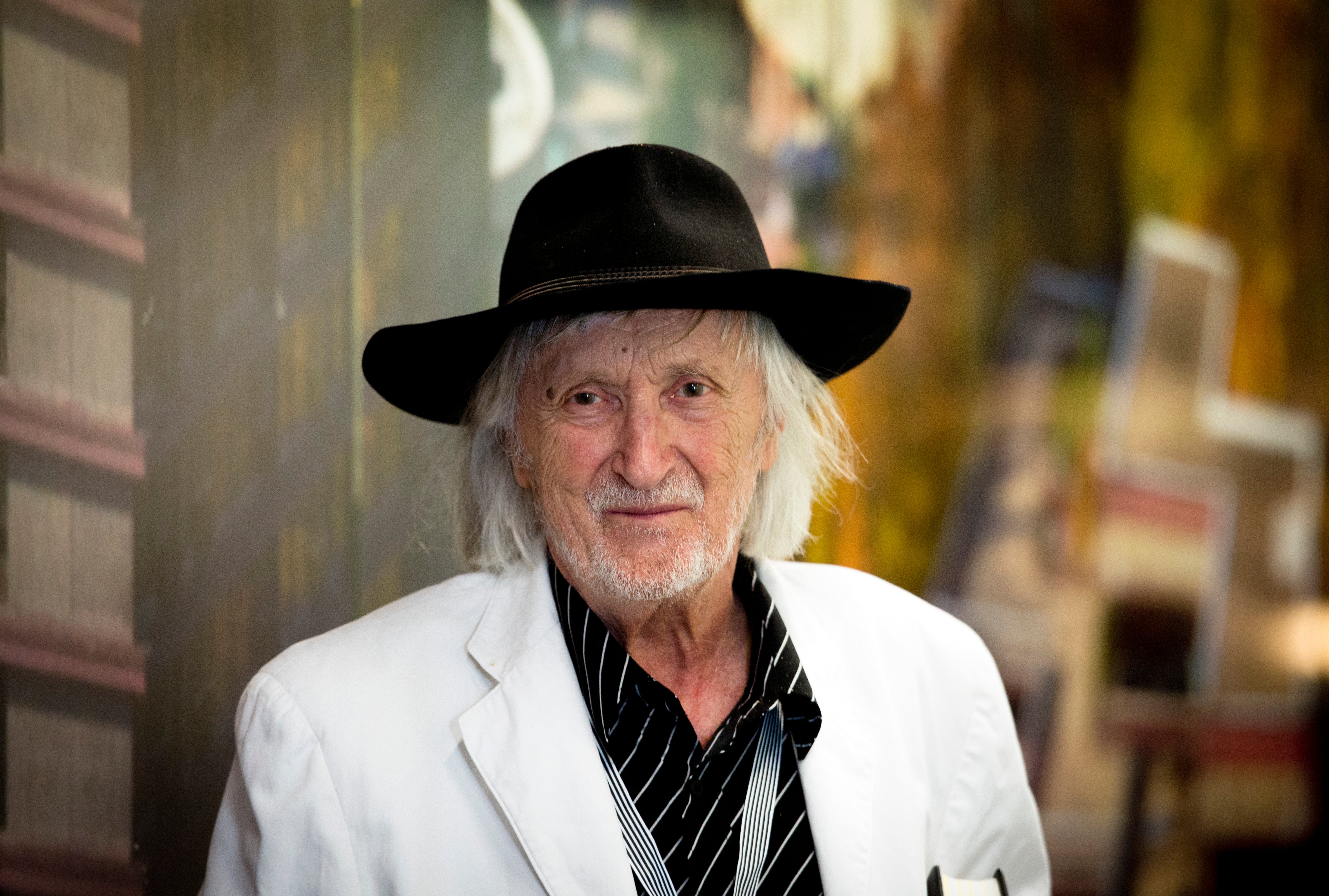Juraj Jakubisko death: Slovak movie director, whose films were banned under communism, dies at 84
Jakubisko was named best filmmaker of the 20th century in his country

Slovak filmmaker Juraj Jakubisko, who was named the best movie director of the 20th century in his country, has died at the age of 84.
Jakubisko died shortly before midnight on Friday 24 February in the Czech capital, Prague, where he had lived with his family since the 1993 split of Czechoslovakia, his daughter Janette told Slovak public radio and television. His death was also announced by the Czech Culture Ministry.
Jakubisko has dozens of feature films and shorts to his credit that won a number of awards at international film festivals.
For his movies, full of metaphors, symbols and poetry, he was sometimes called “Fellini of the East”, or “Slovak Fellini” after famed Italian director Federico Fellini.
Born April 30, 1938 in the village of Kojsov in what is now eastern Slovakia, Jakubisko graduated from Prague’s Film and TV School of the Academy of Performing Arts in 1966.
He debuted with the critically acclaimed Crucial Years the following year. With that, as well as Deserters and Pilgrims (1968) and Birds, Orphans and Fools (1969), he cemented his place as part of the Czechoslovak New Wave in cinema together with a number of other young directors of the time, including Milos Forman and Vera Chytilova.
All those films were banned by the hard-line communist regime that was established following the 1968 Soviet-led invasion of Czechoslovakia that crushed a period of liberal reforms known as the Prague Spring.
For the next decade, he was allowed to make only documentary films. He returned to feature movies with Build a House, Plant a Tree in 1979 — which was soon also banned.

His major success was The Millennial Bee, in 1983, an epic family saga in the late 19th and early 20th century that won awards at film festivals in Seville, Spain, and Venice, Italy.

Watch Apple TV+ free for 7 day
New subscribers only. £9.99/mo. after free trial. Plan auto-renews until cancelled.
ADVERTISEMENT. If you sign up to this service we will earn commission. This revenue helps to fund journalism across The Independent.

Watch Apple TV+ free for 7 day
New subscribers only. £9.99/mo. after free trial. Plan auto-renews until cancelled.
ADVERTISEMENT. If you sign up to this service we will earn commission. This revenue helps to fund journalism across The Independent.
In 1985, Fellini’s wife, Giulietta Masina, starred in Jakubisko's fairy tale for children The Feather Fairy.
His biggest box-office success after the 1989 collapse communism was Bathory in 2008, a historical drama starring English actress Anna Friel as Elizabeth Bathory, a Hungarian countess who according to legend used to kill virgins in order to bathe in their blood. It was at the time the most expensive motion picture production in Central Europe.



Bookmark popover
Removed from bookmarks